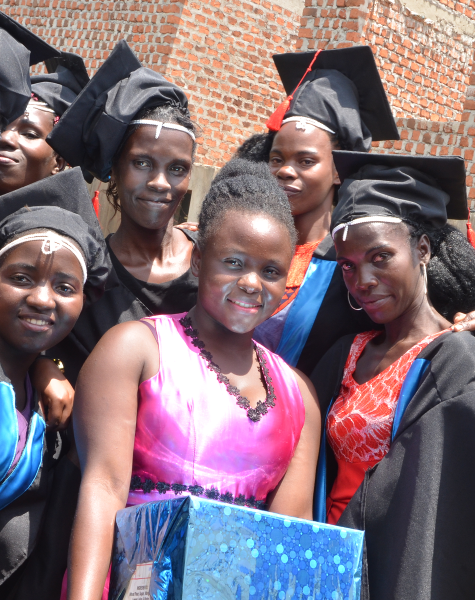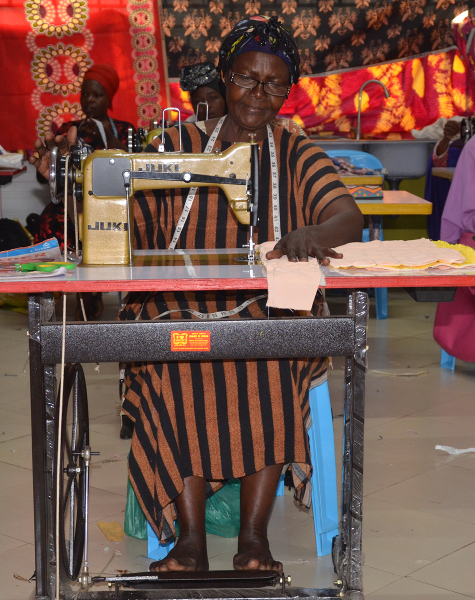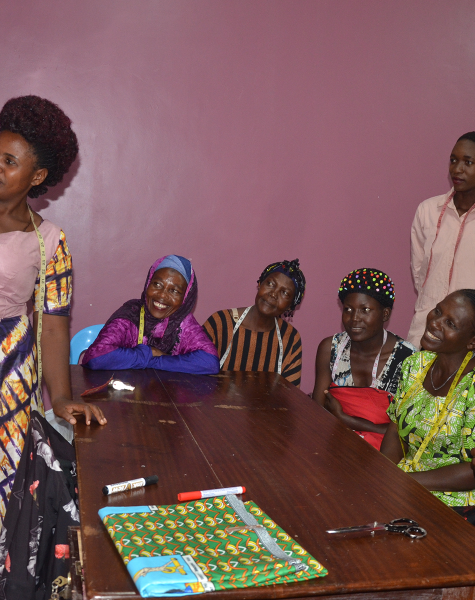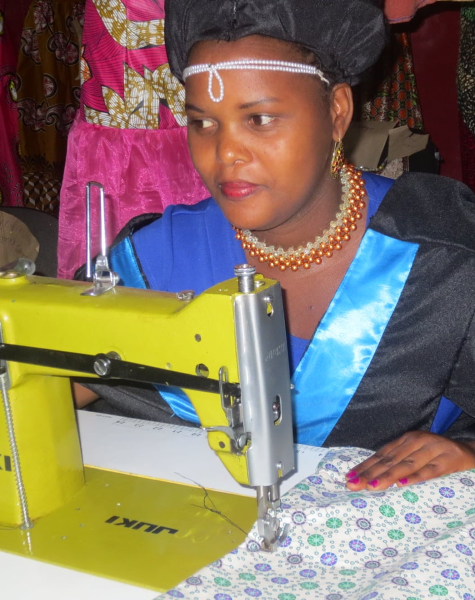Economic Empowerment
The ACF Economic Empowerment Program has two components. The first is the micro finance project that provides loans to individuals to help them establish small businesses. This program is designed to train the needy and underprivileged in Africa on how to sustain themselves economically and help to build their communities. It also helps to keep the youth away from the street and make them productive members of their communities. Through this program, ACF Missions Inc. gives hope to the needy children and the community in general.
The second component is agricultural production. The goal of this project is to raise resources internally to sustain ACF Missions Inc. program with less dependence on external support. It is also designed to help provide employment and solve the problem of food scarcity in Africa. The sustainability of our programs in country is vital for the expansion of our program into other countries.
Micro Finance Program
Our program offers interest free loans of $300 to $500 along with training to indigenes to start small businesses in an effort to create employment for the youth, and poor families with young children.
The Uganda economic empowerment program focuses on the children graduating from the Child Sponsorship program. Due to hard economic situations in Africa, many students who graduated from college find it difficult to get jobs. Rather than watch the investments we made in the orphans who pass through our child sponsorship program go through the drains, ACF.
Selection Procedure and guideline:
- Local leaders (Church leaders) and ACF Uganda local Program Implementation Committee (PIC) identify core small businesses that could produce favorable economic results with potentials of revolving the interest free loan within one to two years to other recipients.
- Local leaders and PIC identify individuals with business abilities and spiritual integrity as recipients of the loan.
- Each recipient turns in a one-page summary (Condensed Business Plan) describing
- the nature of the business they plan to start, (ii) Why they thought they should receive the loan (iii) what they should do to help them repay the loan in one to two years so that it can be extended to others, and (iv) a breakdown of the cost elements of the business.
- Three (3) months after the loan is issued, recipients shall make periodic (monthly) payments sufficient to pay the loan off in one to two years. The payments shall be made to the leader of the PIC for deposit into a recycling savings account.
- The PIC monitors the progress of the Economic Empowerment and provides ACF Missions with quarterly reports.
- The PICS forms an Accountability Team among the recipients to ensure that monthly repayment are consistently made and deposited into the recycling savings account.
- Record Keeping Requirements: The success of every venture is dependent on good business judgment and sound record keeping. Each recipient of the interest free loan is required to keep records of goods, labor or assets purchased as well as sales made or services provided.
ACF Living Hope project
Living hope program is designed to help vulnerable women in the community attain a skill in order to sustain herself and her children.
Sewing Program is a one-year intensive career skills program offered to women experiencing deep poverty. It is one of the programs at the ACF Uganda National Offices in Bujuuko village, Mpigi District.




Contact
- Plot 309 Kayunga Road, Senene Village, Bujuuko, Mpigi. Mityana Road
- +256 392 849402
- info@acfuganda.org
